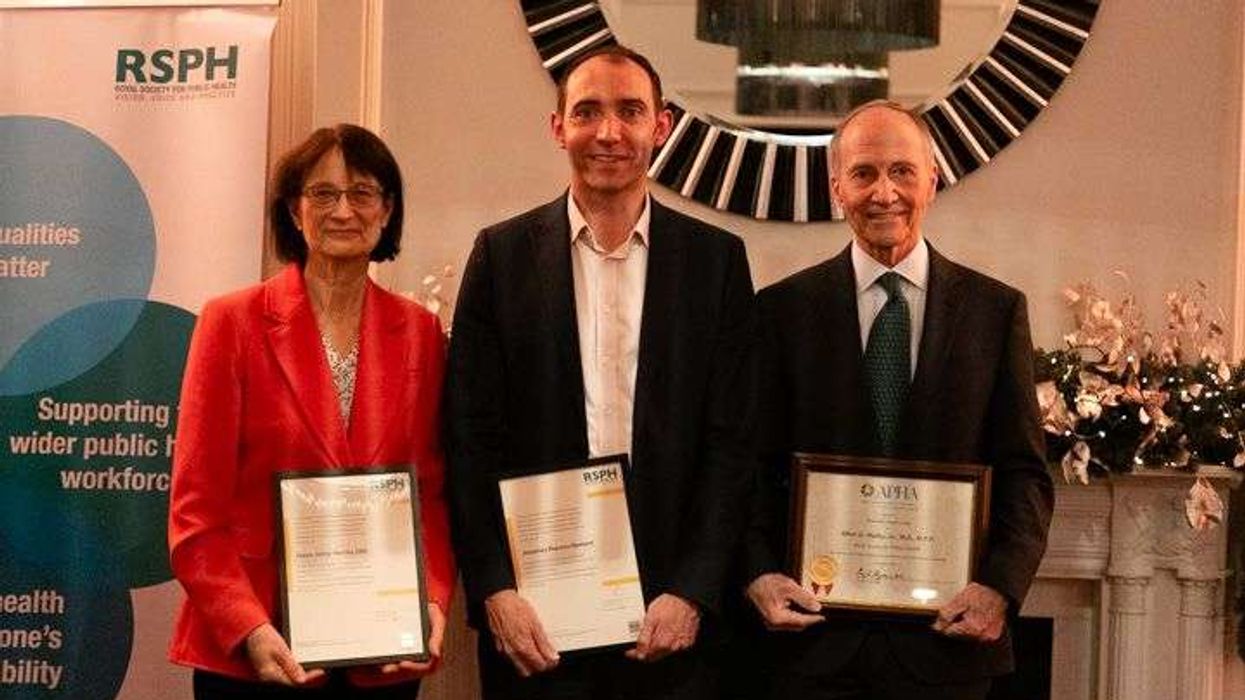People who test positive for Covid-19 on rapid lateral flow tests will not need to confirm their results with a follow-up PCR test if they are not showing symptoms, the UK Health Security Agency said on Wednesday (January 5).
Britain is reporting record daily case numbers, and the UKHSA said that the high prevalence meant the chance of a false positive from a lateral flow device (LFD) was low.
The move could also reduce the burden on the testing system, and reduce confusion if the test results contradict each other. At current levels of prevalence, officials say a positive LFD result is likely to be accurate, even if a follow-up PCR were negative.
"While cases of Covid continue to rise, this tried-and-tested approach means that LFDs can be used confidently to indicate Covid-19 infection without the need for PCR confirmation," said UKHSA chief executive Dr Jenny Harries.
The move comes into place from January 11 in England, and people who develop Covid-19 symptoms should continue to take a PCR test, UKHSA said.
The guidance echoes a move during last winter's Covid-19 wave, where the requirement for confirmatory PCR tests was suspended in January until March.
A surge in demand for tests has led to issues in people getting hold of them.
The UKHSA said that 100,000 more PCR booking slots had been made available since mid-December, and that capacity had been doubled to 900,000 PCR and LFD test kits a day.











